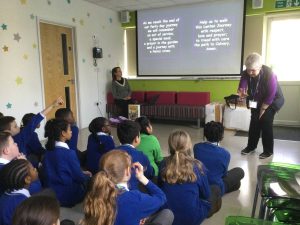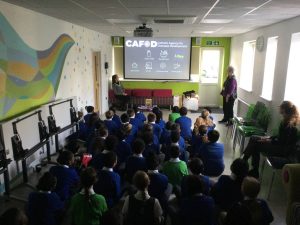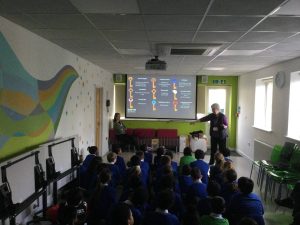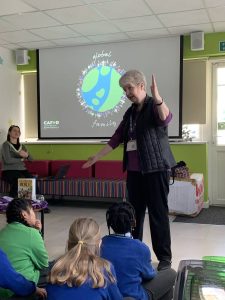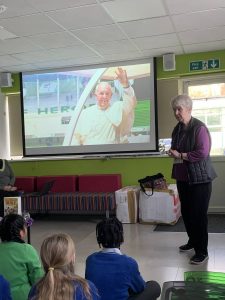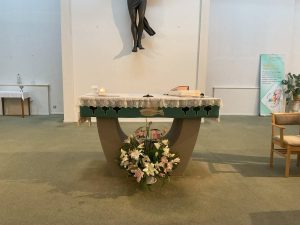For the past few weeks, Year 5 have become avid music historians. They have learned about three composers from the Romantic Era: Amy Beach, Clara Schumann, and Fanny Mendelssohn. After a few lessons of diligent note-taking, inquisitive questions, and intrepid research, both Indigo and Tanzanite classes were ready to deliver presentations on a Romantic composer of their choice. They analysed pieces by their chosen composer, theorising that the high-pitched notes in a piece in A Nocturne by Clara Schumann (a piece about the night) convey ideas of starlight. Another group had insightful comments about how the use of the sustain pedal on the piano makes the piece sound more legato (smoother), which contributes to the calming atmosphere created within the piece. The students talked about the developments made on the piano, such as the increased pitch range (how high and low the notes go), and exciting new features such as the sustain pedal, which is a key feature in many pieces of works from the Romantic Era. Miss Marshall commented on how very impressed she was with how informative and well-delivered the presentations were!



Furthermore, Year 5 were invited to a very special assembly, led by Sister Anne. The theme of the assembly was CAFOD (Catholic Agency for Overseas Development) and CST (Catholic Social Teaching). CAFOD is an international development charity that reaches out to people living in poverty with practical help, whatever their religion or culture.
Sister Anne spoke about looked at the 9 key principles of CST: Human Dignity, Common Good, Solidarity, Subsidiarity, Stewardship, Promoting Peace, Participation, Distributive Justice & Preferential Option for the poor. We discussed their importance and how we can show these in our lives.
